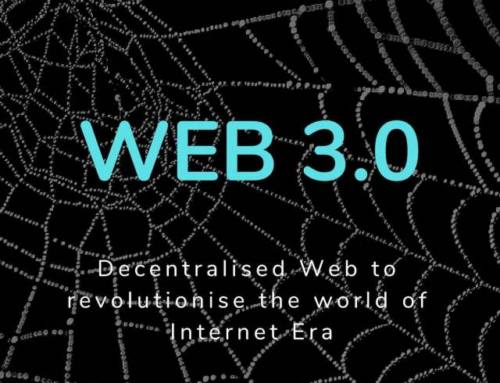
Kindle details:
- File Size: 1863 KB
- Print Length: 42 pages
- Simultaneous Device Usage: Unlimited
- Publication Date: March 23, 2019
- Sold by: Amazon Digital Services LLC
- Language: English
- ASIN: B07Q16GKMN
- Text-to-Speech: Enabled

-
X-Ray:
- Word Wise: Enabled
- Lending: Not Enabled
- Screen Reader: Supported

- Enhanced Typesetting: Enabled

Paperback deatils:
- Paperback: 27 pages
- Publisher: Independently published (March 24, 2019)
- Language: English
- ISBN-10: 1091417644
- ISBN-13: 978-1091417649
- Product Dimensions: 8.3 x 0.1 x 11.7 inches
- Shipping Weight: 4.5 ounces
Sample copy
Introduction
“Everything we love about development and transformation is a product of human intelligence, thus amplifying innovation, invention intelligently with artificial intelligence that has the potential of helping civilization flourish like never before – as long as we manage to keep the technology beneficial to the society, environment, and mankind.“
CHAPTER – 1: Artificial Intelligence an “Alchemy”
John McCarthy first coined the term “Artificial Intelligence” (AI) in 1956 at the Dartmouth Conference along with four other founding colleagues – Marvin Minsky, Oliver Selfridge, Ray Solomonoff, and Trenchard More.
The original definition and concept of AI according to John McCarthy is “Every aspect of learning or any other feature of intelligence can in principle be so preciously described that a machine can be made to simulate it. An attempt will be made t find how to make machines and concepts, solve kinds of problems now reserved for humans, and improve themselves.”
What it simply means is that AI is a term for “simulated intelligence” in machines. The machines are programmed to mimic the cognitive functions of the human brain. Upon further discussion, seven following criterions were agreed for the Artificial Intelligence (AI).
1.2 What Intelligence is?
According to Jack Copeland some of the critical factors of intelligence are:
1.2.2 Reasoning:
To reason is to conclude appropriately at a situation in hand.
1.2.4 Language Understanding:
Understanding the language by following syntax and other rules similar to a human.
To summarize, Artificial Intelligence (AI)
- Machine Learning
- Computer Vision
- Natural Language Processing
- Robotics
- Pattern Recognition
- Knowledge Management

